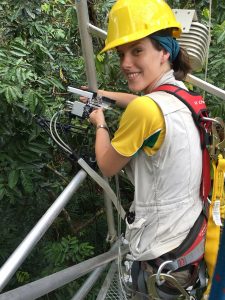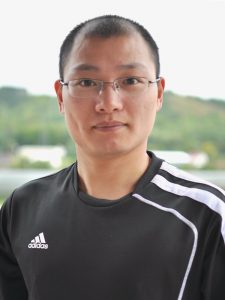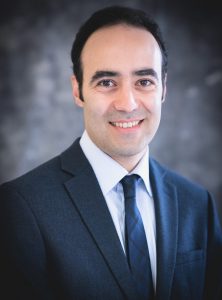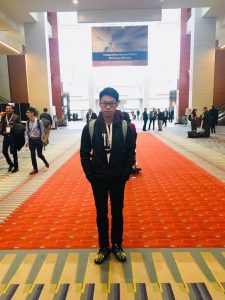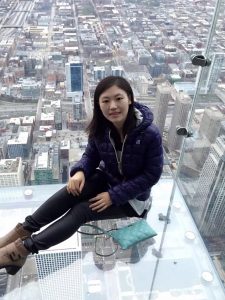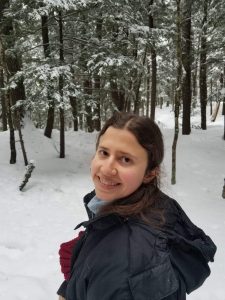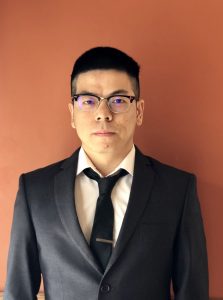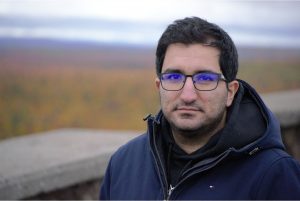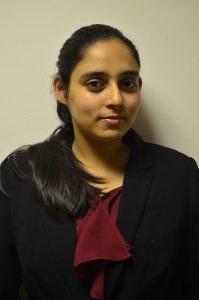Bhaskar Halami
Chemistry
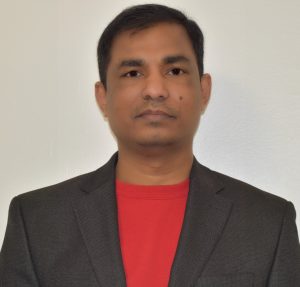 In the past semesters I have developed procedures and protocols to study the antisense properties of modified DNA strands. Also, I tried my best to develop an oligo anticancer drug mimic. The other graduate students in our lab are continuing the work. The project is most likely to yield great results in coming days. I feel really accomplished as my research is acknowledged by the highly reputed organization like you. The financial assistance included in the award will help me complete my Ph.D. degree in summer 2019. This would not have been possible without a vision of the Portage Health Foundation, an initiative by the Michigan Tech, and the support from my adviser Dr. Shiyue Fang and the chemistry department.
In the past semesters I have developed procedures and protocols to study the antisense properties of modified DNA strands. Also, I tried my best to develop an oligo anticancer drug mimic. The other graduate students in our lab are continuing the work. The project is most likely to yield great results in coming days. I feel really accomplished as my research is acknowledged by the highly reputed organization like you. The financial assistance included in the award will help me complete my Ph.D. degree in summer 2019. This would not have been possible without a vision of the Portage Health Foundation, an initiative by the Michigan Tech, and the support from my adviser Dr. Shiyue Fang and the chemistry department.
